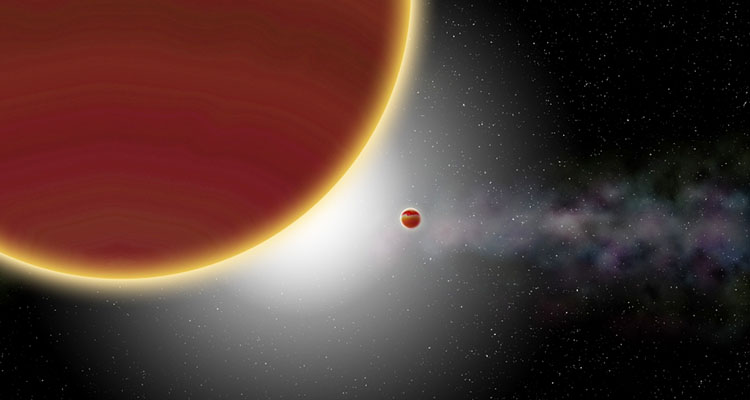Earth Day Protecting planet should be priority

The photo has been used for illustrative purposes.
As the world marks Earth Day on Wednesday, the havoc created by the coronavirus COVID-19 pandemic highlights the vulnerability of humans in the face of global scale threats.
Climate change is an issue that affects each and every life on the planet.
The world’s mountain and glacier regions are facing unprecedented challenges due to climate change, imposing a crippling effect on the people and economies that rely on them.
The earth’s glaciers, snow, permafrost and associated ecosystems, collectively known as the cryosphere, provide drinkable water for half of the world, but as the earth gets warmer, the supply is becoming unpredictable.
Troubling news also comes on another front with researchers cautioning that climate change and sea level rise are currently on track to wipe out half the world’s sandy beaches by 2100.
By the end of 2020, global CO2 emissions need to have dropped by 7.6% and continue to fall by 7.6% each year for us to keep global heating under 1.5°C, according to the United Nations Environment Programme’s (UNEP) Emission Gap Report 2019.
Truly, Earth day 2020 is not just the 50th anniversary of Earth Day, but also the anniversary of the signing of the Paris Agreement to take climate action.
The first Earth Day took place in 1970. Outraged by oil spills, smog and polluted rivers, 20 million people took to the streets, protesting what they recognised as an environmental crisis.
It was the planet’s largest civic event at the time and compelled governments to take concrete actions, including passing environmental laws and establishing environmental agencies.
In addition to these practical outcomes, the event demonstrated just how much can be achieved when people come together and demand action.
The day continues to hold great significance.
In 2009, the United Nations General Assembly adopted a resolution formally recognising the day as International Mother Earth Day.
On Earth Day 2016, the United Nations formally adopted the Paris Agreement, articulating the commitment of nations to limit global temperature rise to less than 2 degrees Celcius over pre-industrial levels; and to strengthen the ability of countries to mitigate the negative impacts of climate change.
Rob Jackson, chair of the Global Carbon Project has stated that thanks to measures taken to curb the coronavirus pandemic, carbon dioxide emissions could fall by the largest amount since World War Two in 2020.
Transport accounts for about 23 per cent of global carbon dioxide emissions and 27 per cent of end-use energy emissions with urban transport, according to the World Health Organisation, WHO.
However, with air travel grounded, and social isolation measures put in place in many countries around the world, less air pollutants and greenhouse gases are being emitted.
In fact, not only has this led to less pollution in the air, but air quality has improved significantly in many countries, including in China, where carbon emissions fell by around 25 per cent according to data published on Carbon Brief, a UK-based climate website.
The new circumstances certainly serve as a real eye-opener to people’s understanding of the impact that global warming and greenhouse gas emissions have on earth.
As UN officials point out, April 22 is a timely reminder to embrace the opportunities of the natural world for green jobs, sustainable economic stimulus, for urgently taking action to protect ourselves against unsurvivable global heating and for securing healthy, dignified futures.







